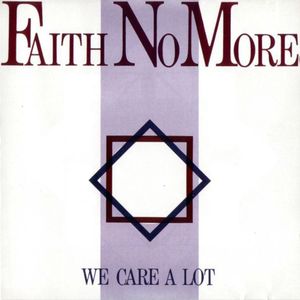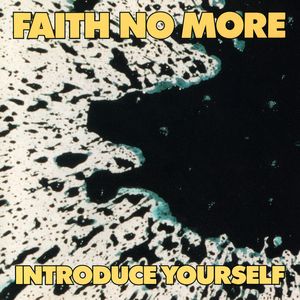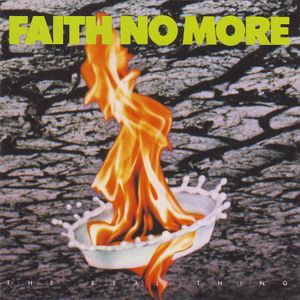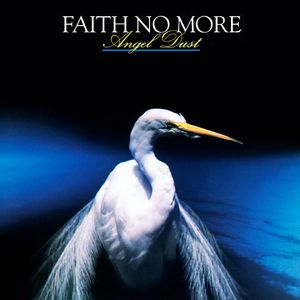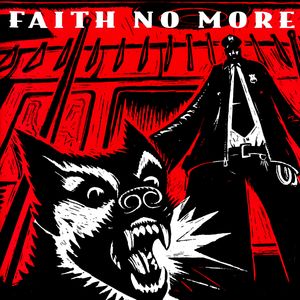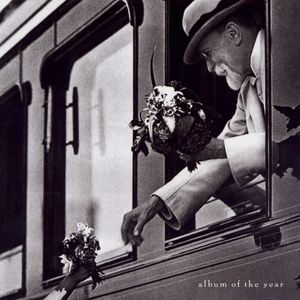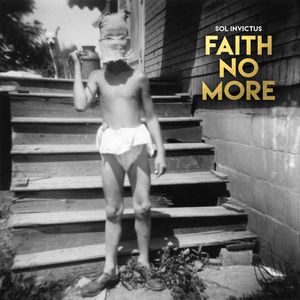
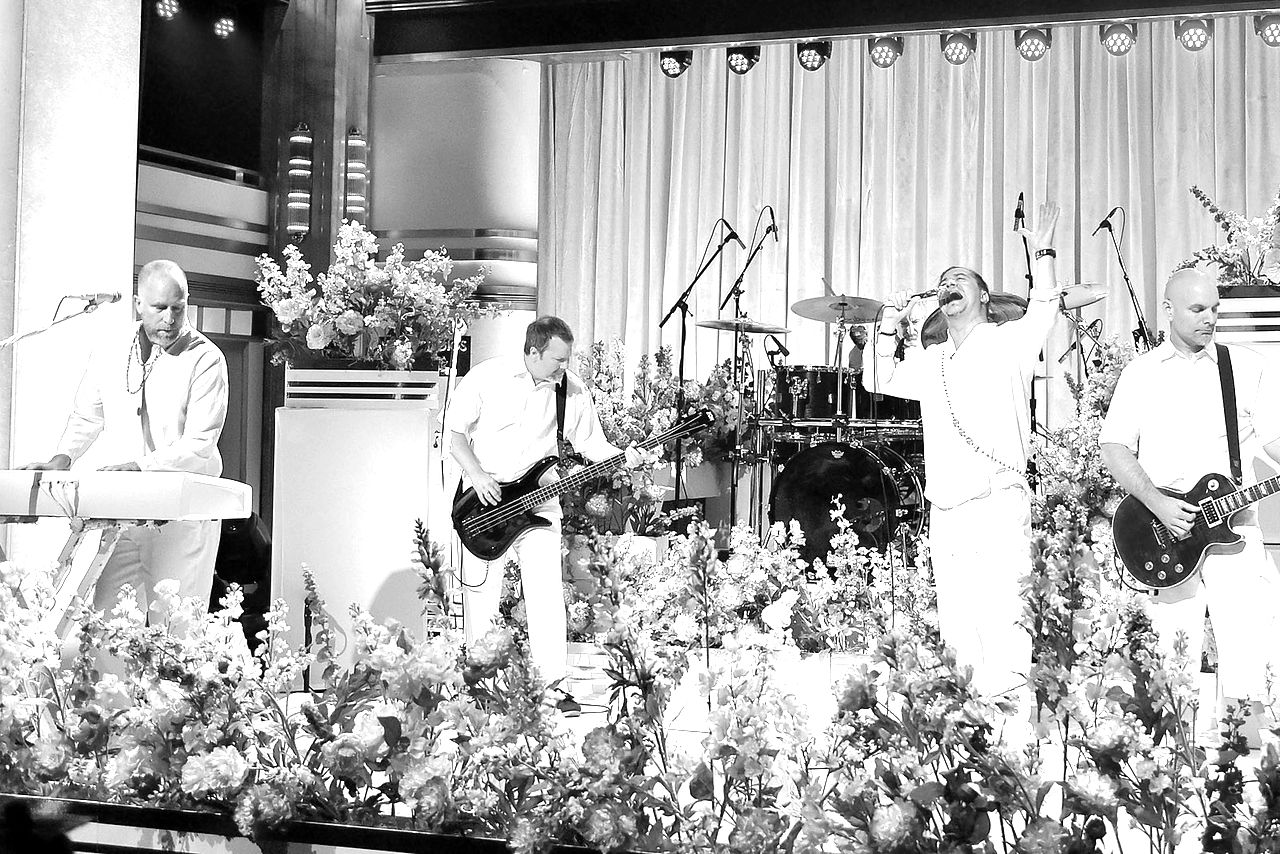
Faith No More
Follow Your Favorite Band Today!
Top Faith No More Community Posts
Story of Faith No More
Faith No More: A Rollercoaster Ride Through Rock History
Faith No More, hailing from San Francisco, California, is a band whose history is as dynamic as their music. Born in 1979, they initially went by the names Sharp Young Men and then Faith No Man, before settling on their iconic moniker. The core trio of Billy Gould (bass), Roddy Bottum (keyboards/rhythm guitar), and Mike Bordin (drums) have remained steadfast since the beginning, witnessing numerous lineup changes over the years.
Their sound, a captivating blend of funk, metal, and alternative rock, earned them critical acclaim and commercial success. Albums like "The Real Thing" (1989) and "Angel Dust" (1992) became chart-toppers, cementing their status as a force in the music scene.
After six studio albums, Faith No More announced their breakup in April 1998. However, like a phoenix rising from the ashes, they reunited in 2009 for "The Second Coming Tour" and released their seventh studio album, "Sol Invictus," in 2015. This period marked a resurgence of their powerful music.
Following the "Sol Invictus" tour cycle, the band went on hiatus once again. In November 2019, they announced a reunion tour for 2020, but the COVID-19 pandemic put those plans on hold. Despite renewed hopes for a US tour in September 2021 and a rescheduled European tour in June 2022, the band faced another setback. Singer Mike Patton cited mental health concerns, leading to the cancellation of all tour dates.
Faith No More's story is a testament to their resilience and the enduring power of their music. From their early days to their triumphant reunions, their journey has been marked by both triumph and turmoil. Whether or not they will return to the stage again remains to be seen, but their legacy as a groundbreaking and influential band is firmly etched in rock history.
Frequently Asked Questions
Bands you may like
More Alternative Rock Bands
Discover more bands in the Alternative Rock genre and explore the diverse sounds that define this musical style.
Browse All Alternative Rock BandsMore Bands from United States
Discover the rich musical heritage of United States and explore bands that represent the country's unique sound and culture.
Browse All United States Bands
